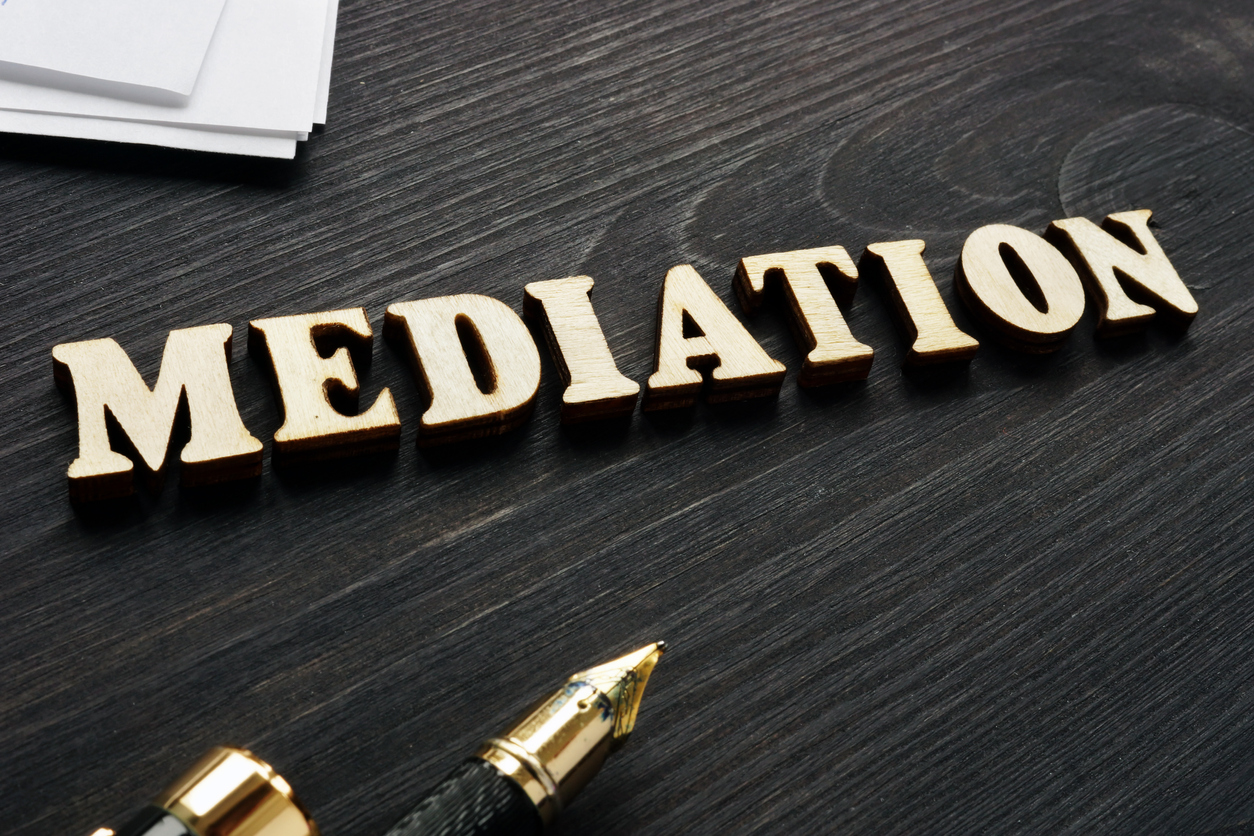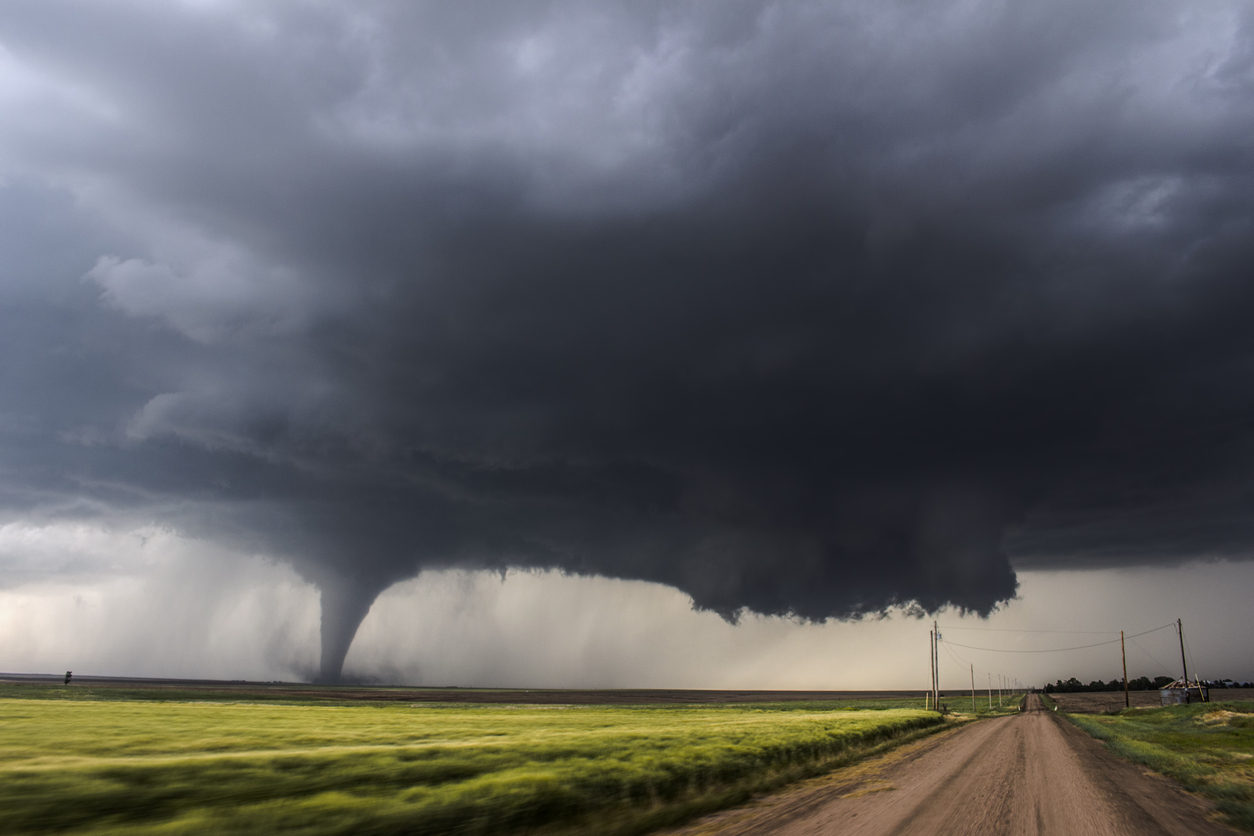Since 1999, the Oklahoma Insurance Department (“OID”) has provided free mediation services for policyholders who find themselves at odds with their insurance company.1 The program is called “E.A.G.L.E. Mediation,” which stands for “Ending Arguments Gently, Legally, and Economically.” Per the OID website, E.A.G.L.E.’s purpose is to “reduc[e] the amount of litigation that ultimately costs policyholders money” by helping “citizens and insurance companies settle disputes early enough to avoid becoming embroiled in lawsuits.”2
Often, policyholders are referred to E.A.G.L.E. Mediation after filing a complaint with the OID about their insurance company, adjuster, or agent. If both parties agree to participate, a certified mediator is assigned to the claim, and a meeting is scheduled for the policyholder and a representative of the insurance company to attempt to resolve the dispute. As a voluntary, confidential, and free program, E.A.G.L.E. Mediation can be an appealing option for consumers. The OID claims that “[p]olicyholders who resolve their differences through mediation will be more satisfied than those who must endure the time and cost of the court system.”3
On its face, this good-intentioned program seems beneficial for policyholders – but is it? The adage of “you get what you pay for” certainly comes to mind, and policyholders should always be careful when negotiating with their insurance company alone. Insurance policies are intentionally complicated, and even when policyholders take the time to read through theirs – which many do not – it is unlikely they will understand the legal jargon and fine print well enough to fully grasp their exclusions and coverage limitations. In contrast, insurance companies write the policy and have an army of adjusters, specialists, and attorneys on standby who apply and interpret its language every single day. The power imbalance is striking.
Unfortunately, E.A.G.L.E. Mediation proceedings do little to remedy this imbalance. The insured must attend mediation alone unless the insurance company expressly consents to a lawyer or other party being present.4 The OID touts the lack of attorney involvement as one of EAGLE’s main benefits, but in reality, it puts consumers at a distinct disadvantage. The party representing the insurance company will almost certainly have experience adjusting claims, interpreting estimates, and negotiating settlements. On the other hand, mediation may be a policyholder’s first foray into the complex claims settling process. Despite this, the insured must convincingly present the intricacies of his claim and negotiate a fair settlement. Without a professional advising the consumer in mediation, policy benefits and rights are likely to be left off the table or not enforced. Informed decision-making is a cornerstone to successful mediation, and a “neutral” mediator cannot be expected to educate a policyholder on what they do not already know about their insurance policy or its benefits. Doing so would thwart the perception of a mediator by the parties as a non-judgmental, non-partisan, and neutral professional.
Interestingly, the Arkansas Insurance Department previously offered the E.A.G.L.E. Mediation to policyholders, but the program was discontinued in or around 2016 because it was rarely utilized and even more rarely resulted in successful dispute resolution. Consumer advocates have voiced similar concerns about state-sponsored mediation programs resembling E.A.G.L.E. in Florida5 and New Jersey.6 In 2010, Chip Merlin described Florida’s Mediation Program, which encouraged policyholders to negotiate with their companies without any professional representation, as “lambs to the slaughter,” asking: “What chance does a lone policyholder have against an insurer that has a claims attitude to pay as little as possible? Why do you think insurance company executives and their lobbyists are pushing for a mediation system in Florida where policyholders come all by themselves?”7
Mediation can be a great tool for policyholders to efficiently resolve insurance disputes. Free, state-sponsored programs like E.A.G.L.E. Mediation are important because they are accessible to those who otherwise wouldn’t or couldn’t invest in legal representation. However, policyholders should always be wary when going toe to toe with their insurance company. Having an industry professional in your corner to assist with informed decision-making – like the attorneys at Merlin Law Group – can make all the difference.
_____________________________________
1 Eagle Mediation Program, Oklahoma Department of Insurance, (n.d.), https://www.oid.ok.gov/consumers/eagle-mediation-program/.
2 Id.
3 Id.
4 Okla. Admin. Code § 365:1-11-11(2); 12 O.S. § 37 app. § 10.
5 Chip Merlin, Mediation May Not Be the Answer to a Best Alternative Insurance Claim Resolution Process Because it is Subject to Abuse, Property Insurance Coverage Law Blog (Jan. 15, 2010); Nicole Vinson, Florida’s DFS Mediation Program Needs Help, Property Insurance Coverage Law Blog (Aug. 10, 2013).
6 Insurance Claim Mediation in New Jersey, Property Insurance Coverage Law Blog (Apr. 21, 2013).
7 Chip Merlin, Mediation May Not Be the Answer to a Best Alternative Insurance Claim Resolution Process Because it is Subject to Abuse, Property Insurance Coverage Law Blog (Jan. 15, 2010).




